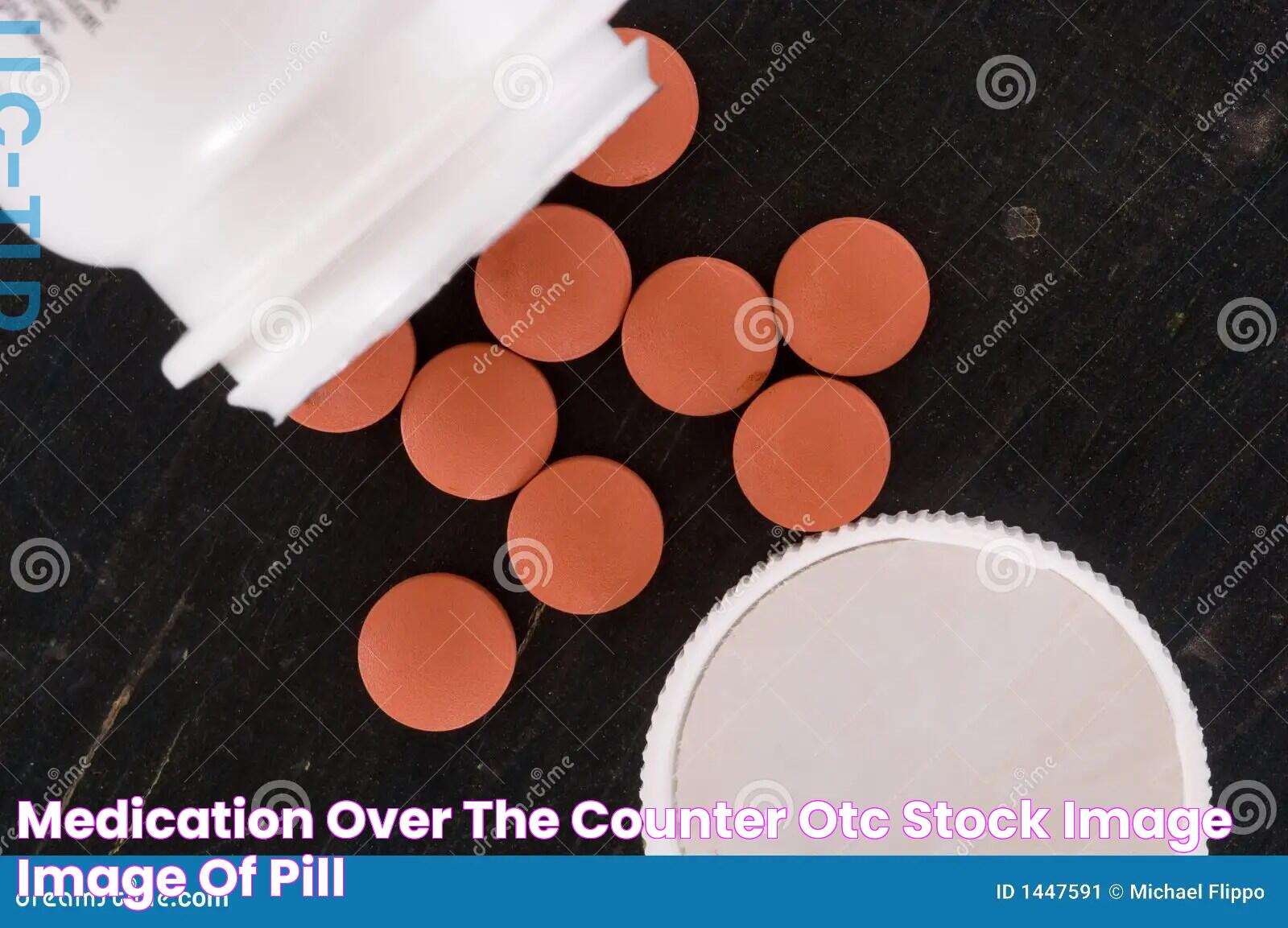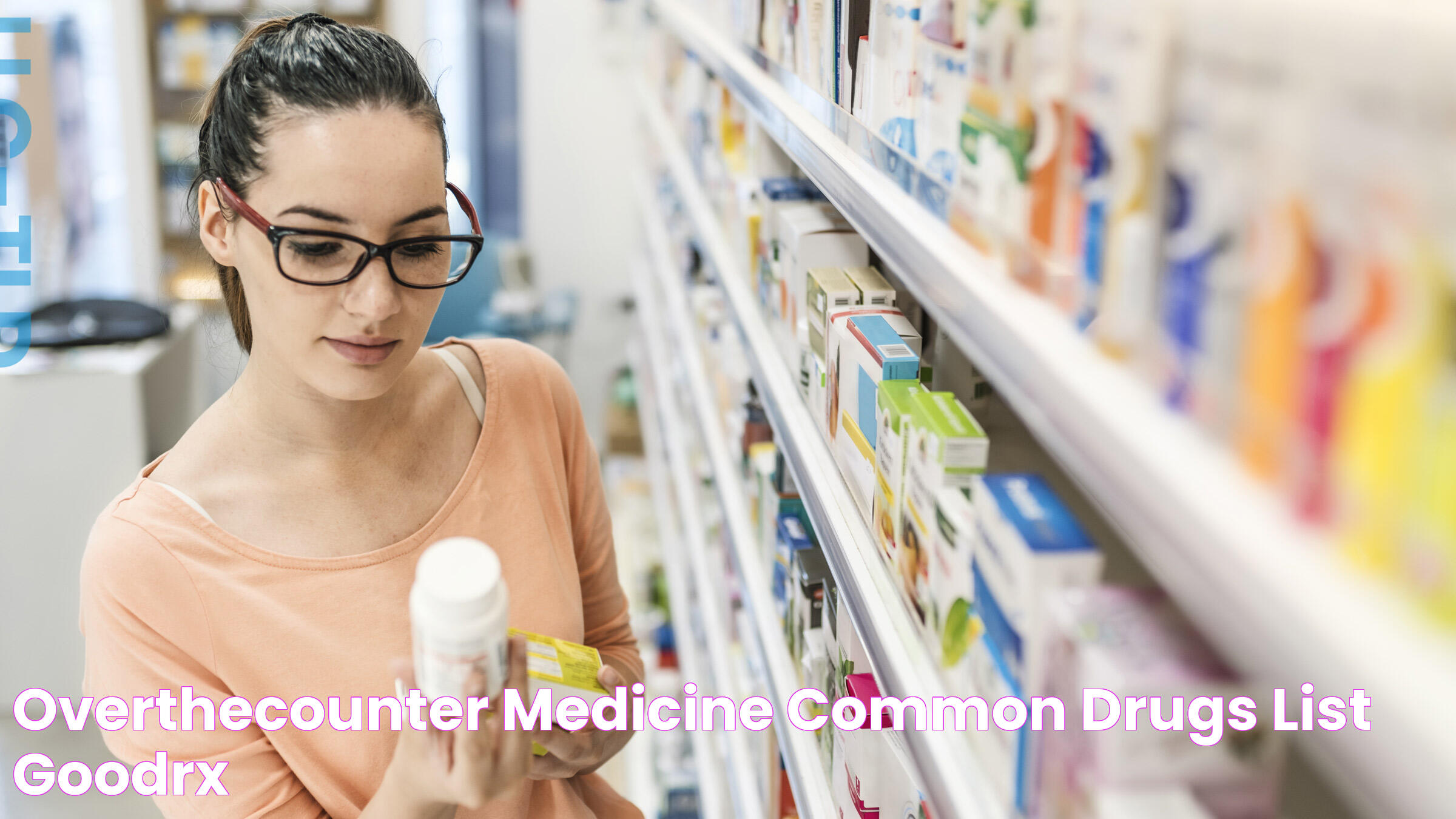Millions of individuals worldwide struggle with cysts, which can be uncomfortable and sometimes painful. While medical intervention is often necessary, many prefer over the counter cyst medication as a first step towards relief. These accessible treatments offer a convenient way to manage symptoms without needing a prescription. With a plethora of options available, it is crucial to understand which medications are most effective and how to use them safely and effectively.
In today's fast-paced world, finding quick and easy solutions to common health issues is becoming increasingly important. Over the counter cyst medication provides an excellent alternative for those seeking immediate relief. These medications can often reduce inflammation, alleviate pain, and in some cases, help in resolving the cyst entirely. However, it is essential to choose the right product for your specific needs and understand the potential side effects.
As the demand for over the counter cyst medication continues to rise, it is vital to stay informed about the various options and their efficacy. This comprehensive guide aims to provide valuable insights into the types of medications available, how they work, and tips for selecting the most suitable treatment. By equipping yourself with this knowledge, you can make informed decisions and take control of your health.
Read also:Empowering Clean Shaven Ladies A Modern Perspective
Table of Contents
- What Are Cysts?
- Common Types of Cysts
- Symptoms of Cysts
- Causes of Cysts
- When to Consider Over the Counter Medication?
- How Do Over the Counter Cyst Medications Work?
- Popular Over the Counter Cyst Medications
- How to Choose the Best Medication?
- Potential Side Effects and Precautions
- Tips for Effective Use of Medication
- Alternatives to Over the Counter Medications
- When to See a Doctor?
- Frequently Asked Questions
- Conclusion
What Are Cysts?
Cysts are closed sacs filled with fluid, air, or other substances that can form in various parts of the body. They are generally benign and can vary in size from microscopic to large enough to displace internal organs. Cysts can occur due to infections, clogging of sebaceous glands, or around foreign bodies. While most cysts are harmless, they can sometimes cause discomfort or pain if they press against nerves or other structures.
Common Types of Cysts
Cysts come in various forms, each with unique characteristics and causes. Understanding the different types can help in choosing the appropriate over the counter cyst medication. Here are some common types:
- Sebaceous Cysts: These are non-cancerous bumps beneath the skin, often caused by blocked sebaceous glands.
- Pilar Cysts: Typically found on the scalp, these cysts are filled with keratin and can become quite large.
- Ovarian Cysts: These cysts form on the ovaries and are often related to the menstrual cycle.
- Ganglion Cysts: Generally located near joints or tendons, these cysts can be painful if they press on nerves.
- Baker's Cysts: Found behind the knee, these cysts are often related to joint problems like arthritis.
Symptoms of Cysts
The symptoms of cysts can vary depending on their type and location. Some common signs include:
- Visible lumps or bumps under the skin
- Redness or inflammation around the area
- Pain or tenderness, especially if the cyst is pressing on a nerve
- Fluid leakage in case of rupture
- Changes in appearance of the skin over the cyst
Causes of Cysts
Cysts can develop due to a variety of reasons, including:
- Infections: Bacterial or viral infections can lead to the formation of cysts.
- Blockages: Clogged ducts or glands can result in cyst development.
- Chronic Inflammation: Long-standing inflammation can cause abnormal tissue growth, leading to cysts.
- Genetic Conditions: Some cysts are hereditary and may be part of a genetic syndrome.
- Injuries: Trauma to the skin or underlying tissues can trigger cyst formation.
When to Consider Over the Counter Medication?
Over the counter cyst medication is usually considered when the cyst is causing discomfort or pain, and when it is not necessary to seek immediate medical attention. These medications can help in reducing inflammation and alleviating pain. However, it is essential to consult with a healthcare professional if the cyst is persistent, growing rapidly, or accompanied by other symptoms like fever or severe pain.
How Do Over the Counter Cyst Medications Work?
Over the counter cyst medications work by targeting the symptoms associated with cysts. They may contain ingredients that help in:
Read also:Gel X Nails The Art And Science Behind Their Functionality
- Reducing inflammation and swelling
- Alleviating pain and discomfort
- Preventing bacterial growth in case of infected cysts
- Promoting healing of the affected area
Popular Over the Counter Cyst Medications
There are several over the counter cyst medications available, each with its unique formulation and benefits. Some popular options include:
- Ibuprofen: A non-steroidal anti-inflammatory drug (NSAID) that helps reduce pain and inflammation.
- Aspirin: Another NSAID that can alleviate pain and decrease swelling.
- Benzoyl Peroxide: Often used for acne cysts, this medication helps reduce bacteria on the skin.
- Hydrocortisone Cream: A topical corticosteroid that reduces inflammation and itching.
- Antibiotic Ointments: These help prevent infection in case of broken skin.
How to Choose the Best Medication?
Selecting the right over the counter cyst medication involves considering several factors:
- Type of Cyst: Different cysts may respond better to specific medications.
- Symptoms: Choose a medication that targets your specific symptoms, such as pain or inflammation.
- Allergies and Sensitivities: Be aware of any allergies to ingredients in the medication.
- Consultation: Seek advice from a pharmacist or healthcare professional if unsure about the best option.
Potential Side Effects and Precautions
While over the counter cyst medications are generally safe, they can have potential side effects. It is essential to be aware of these and take precautions:
- Common side effects may include nausea, dizziness, or allergic reactions.
- Topical treatments can sometimes cause skin irritation or redness.
- Always follow the recommended dosage and instructions on the label.
- If symptoms persist or worsen, seek medical advice promptly.
Tips for Effective Use of Medication
To maximize the effectiveness of over the counter cyst medications, consider the following tips:
- Read and follow the instructions carefully.
- Keep the affected area clean and dry.
- Apply topical treatments as directed, avoiding excessive use.
- Combine medication with lifestyle changes, such as a balanced diet and proper hygiene.
Alternatives to Over the Counter Medications
In addition to over the counter medications, there are alternative treatments for cysts:
- Warm Compresses: Applying a warm compress can help reduce pain and promote drainage.
- Tea Tree Oil: Known for its antibacterial properties, tea tree oil may help in treating cysts.
- Aloe Vera: The soothing properties of aloe vera can reduce inflammation and irritation.
- Apple Cider Vinegar: This natural remedy may help dry out cysts and prevent infection.
When to See a Doctor?
While over the counter medications can be effective, it is essential to consult a healthcare professional if:
- The cyst is growing rapidly or changing in appearance.
- There is severe pain or discomfort.
- Signs of infection, such as redness, warmth, or pus, are present.
- The cyst does not improve with treatment.
Frequently Asked Questions
Can over the counter cyst medication completely cure a cyst?
While these medications can alleviate symptoms, they may not entirely eliminate the cyst. In some cases, medical intervention may be necessary.
Are there any natural remedies for cysts?
Yes, natural remedies like warm compresses, tea tree oil, and aloe vera can help reduce symptoms and promote healing.
How long does it take for over the counter medication to work?
The time it takes for medication to work can vary depending on the type and severity of the cyst. Some may notice improvement within a few days, while others may take longer.
Can I use multiple over the counter medications simultaneously?
It is best to consult a healthcare professional before combining medications to avoid potential interactions or side effects.
What should I do if a cyst becomes infected?
If a cyst shows signs of infection, such as redness, warmth, or pus, seek medical attention promptly for appropriate treatment.
Is it safe to pop a cyst at home?
It is not recommended to pop a cyst at home, as it can lead to infection or worsen the condition. Seek medical advice for proper treatment.
Conclusion
Over the counter cyst medication offers a practical and accessible solution for managing the discomfort and symptoms associated with cysts. By understanding the types of cysts, the available treatments, and when to seek professional help, individuals can make informed decisions about their care. It is crucial to use these medications responsibly and consult a healthcare professional if symptoms persist or worsen. With the right approach, cysts can be effectively managed, allowing individuals to lead a comfortable and healthy life.
For further information on cyst management and treatment options, consider visiting reputable health websites or consulting with a medical professional.


